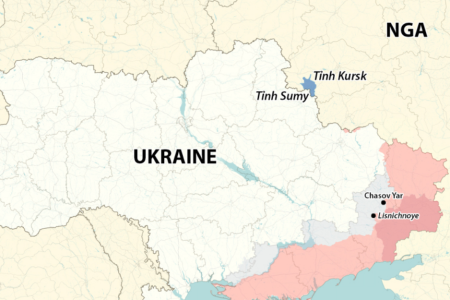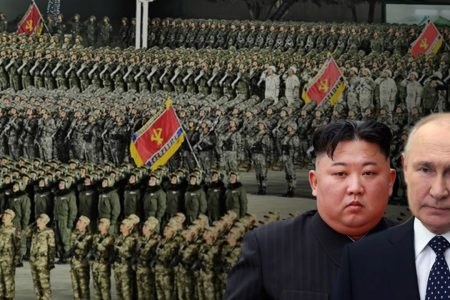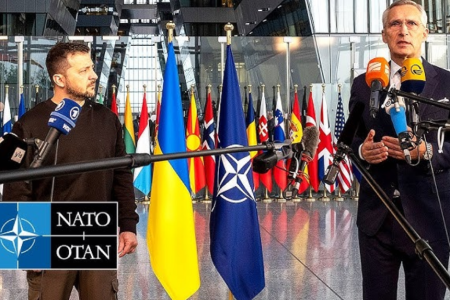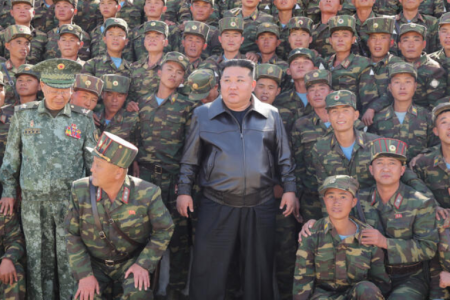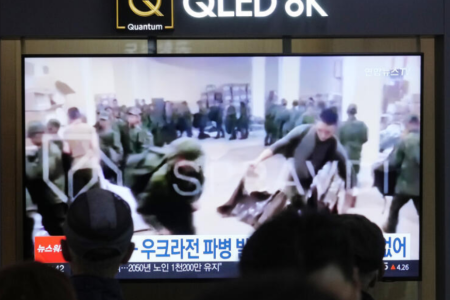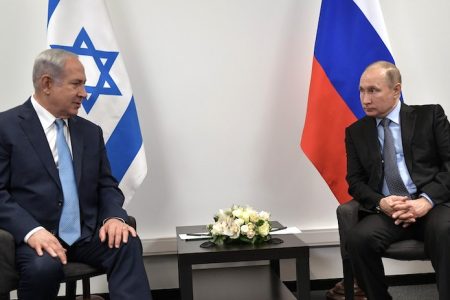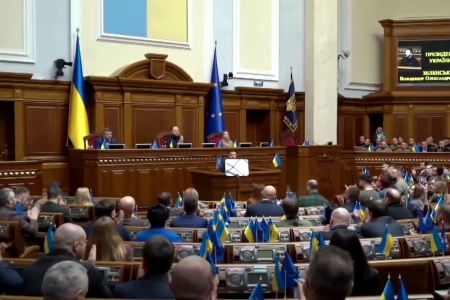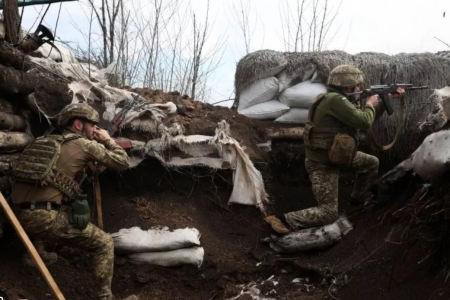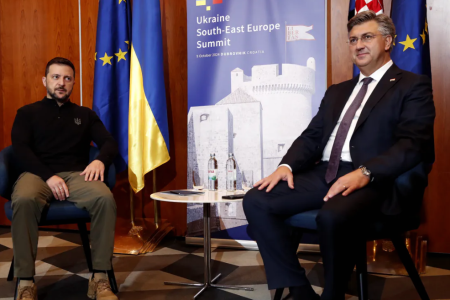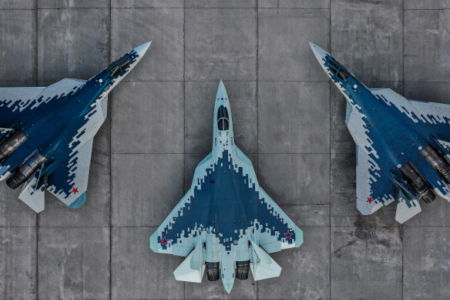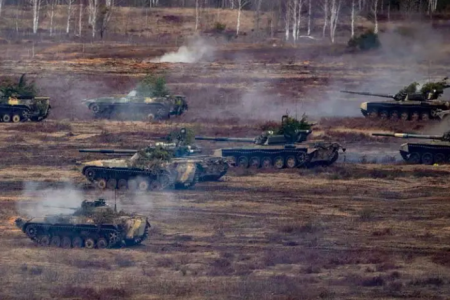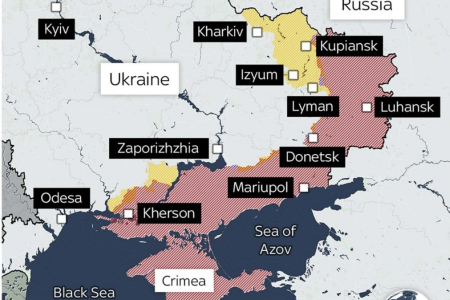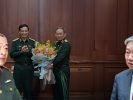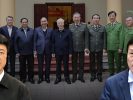
Vietnamese Prime Minister Pham Minh Chinh called on countries to “obey international law” and “behave responsibly” in the South China Sea (Vietnam calls it the East Sea) when speaking at a meeting of leaders of the Association of Southeast Asian Nations with Chinese President Xi Jinping on November 22, according to Vietnam’s state-controlled media.
Chinh led the Vietnamese delegation to attend a special summit online to celebrate the 30th anniversary of ASEAN-China dialogue relations, where Mr. Xi, quoted by Reuters, told the leaders of the 10 ASEAN countries that Beijing will not “bully” its smaller neighbors as tensions continue to soar over the South China Sea.
At the summit, Xi Jinping, China’s most powerful leader, emphasized three core factors that continue to be decisive for the future relationship between ASEAN and China, including political trust and confidence, the spirit of friendship and cooperation for mutual benefit, according to Dan Tri.
Speaking at the conference, the Vietnamese Prime Minister emphasized that ASEAN countries and China, which have many territorial disputes in the South China Sea, need to continue to “consolidate strategic trust and promote comprehensive cooperation.”
Beijing’s claims over most of the South China Sea, with its nine-dash line “cow’s tongue” overlap with territorial claims of a number of Southeast Asian countries, including Vietnam. The international arbitration court in The Hague more than five years ago rejected these “unfounded” claims by China while the US and other Western countries criticized the “bullying” behavior of Beijing towards neighboring countries, especially Vietnam, in oil and gas exploration and fishing in the sea.
However, at an online meeting on November 22, Mr. Xi said that China will never seek hegemony or take advantage of vast advantages to coerce small countries, and will work with ASEAN to eliminate “differences,” according to Reuters.
“China is, and will always be, a good neighbor, good friend, and good partner of ASEAN,” Xi was quoted as saying by Chinese state media.
ASEAN and China for nearly three decades have sought to come up with a Code of Conduct in the South China Sea (COC), but so far the negotiations have not ended due to disagreements from the parties.
The Prime Minister of Vietnam on November 22 urged the parties to continue promoting the construction and early achievement of the COC “effective in accordance with international law and the 1982 United Nations Convention on the Law of the Sea (UNCLOS),” according to VnExpress.
Chinh also called on the parties to “together maintain peace, stability, and cooperation for development” in an environment that he said was “still full of uncertainty.”
Tensions in the South China Sea have increased in recent days when a Chinese coast guard ship used water cannons to prevent a Philippine ship from resupplying the Second Thomas Shoal garrison in the Truong Sa (Spratlys) while a Taiwanese submarine participated in naval exercises on Ba Binh island, also in the archipelago that Vietnam claims. Vietnamese Foreign Ministry Spokeswoman Le Thi Thu Hang last week criticized these actions.
At the end of the ASEAN-China special meeting, which did not include representatives from Myanmar, a Joint Statement was issued, which reaffirmed the importance of compliance with international law, including UNCLOS 1982, and continue to promote maritime safety and security, as well as enhance mutual trust and maintain peace and stability in the South China Sea. ASEAN countries and China reaffirm their commitment to freedom of navigation and overflight over the South China Sea and exercise self-restraint in conducting activities that may complicate or escalate disputes and affect peace and stability in the region. The joint statement also reaffirmed its commitment to fully and effectively implement the Declaration on the Conduct of Parties (DOC) in the South China Sea, as well as stressing the importance of fostering a favorable environment for negotiations of COC within an agreed timeline.
Also at this conference, ASEAN countries and China established a comprehensive strategic partnership.
Thoibao.de (Translated)
Source: https://www.voatiengviet.com/a/thu-tuong-viet-nam-bien-dong-thuong-dinh-sean-trung-quoc/6323047.html



